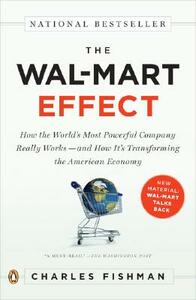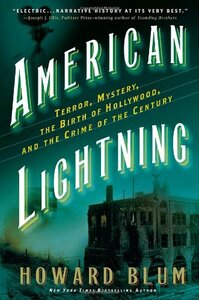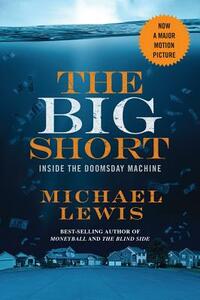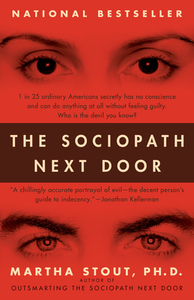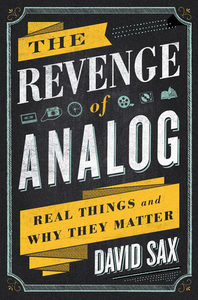Take a photo of a barcode or cover
treehuggeranonymous's Reviews (571)
The problem with this book is that there isn't enough information to make a clear picture of Wal-mart. It doesn't really clarify a position on Wal-Mart or make any forceful arguments, being careful not to offend or go outside the evidence.
Interesting but not compelling. The story is set in Libya following revolution, but is told from the perspective of a very naive, nine year old narrator. But also from the perspective of that same child looking back on his life at 24. The naivety seems feigned at times, as though pretending not to understand as justification for his actions (which are pretty horrible on a few occasions). Suleiman is not a particularly likeable character, which is perhaps why reading this book felt like a bit of a chore.
Took a lot to get into this book. Only really peaked my interest around the water conspiracy and San Fernando valley, and I think I would have preferred that.
These sort of books annoy me sometimes by spending too much time on the background and personal lives of the people involved. This book goes a step further by devoting so much of it's time to DW Griffiths, who has no relevance to the bombings or the labour movement and wasn't even in California at the time. At the end they justify this diversion by claiming that Griffith's pro-klan movie was inspired by these events, which is what brought my two-star feelings for the book down to a on-star.
These sort of books annoy me sometimes by spending too much time on the background and personal lives of the people involved. This book goes a step further by devoting so much of it's time to DW Griffiths, who has no relevance to the bombings or the labour movement and wasn't even in California at the time. At the end they justify this diversion by claiming that Griffith's pro-klan movie was inspired by these events, which is what brought my two-star feelings for the book down to a on-star.
I found the "wolf dog" analysis the most interesting. I had assumed the usual dogs just hung around explanation, so the evidence of deliberate domestication was really interesting.
I started out really enjoying this book. The anecdotes on psychopaths is interesting. It's easy to read and starts by posing questions with some support from Freudian analysis. Had I known that psychoanalytic theory was the closest the book would come to using psychology to analyse conscience I'd probably have given the book a hard pass. The book seems to rely more on bibical teachings than psychological research, which is a shame given that the topic has a lot more to do with the latter field. This does not seem like a book written by a person with a background in psychology.
A well written and researched book (although someone should tell him that slot machines use a random schedule, not a variable one). Sax manages to cover the topic without coming off as anti-technology or a crumudgen. As he says in the epilogue: it's about balance, and the book makes clear that there is a place for both analogue and digital technologies rather than a zero-sum with one out doing the other.
Chapter 8, which deals with technology in education, was excellent. This is clearly an issue that could be a book all on it's own, and Sax gives a good overview and presents the evidence clearly.
Chapter 8, which deals with technology in education, was excellent. This is clearly an issue that could be a book all on it's own, and Sax gives a good overview and presents the evidence clearly.


